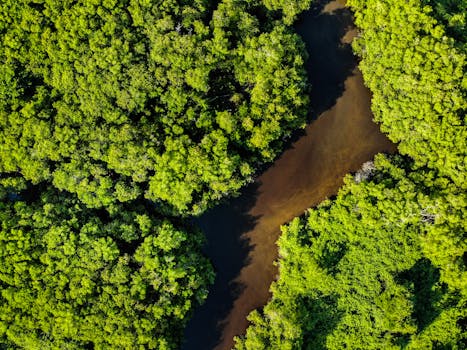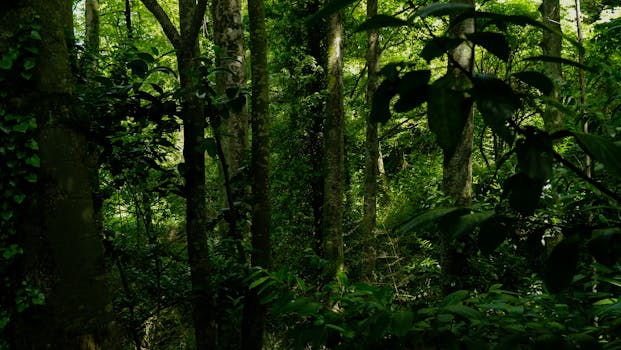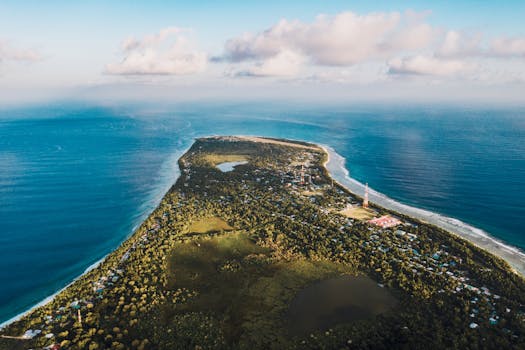
The Complex Nature of Climate Change

Climate change is one of the most pressing challenges of our time, reshaping the world as we know it. While changes in climate patterns have always transpired historically, the accelerated pace at which these changes are occurring today raises alarms among scientists and environmentalists alike. With human activities, particularly the burning of fossil fuels and deforestation, playing a pivotal role in these developments, it is imperative to understanding their impact on global ecosystems.
Effects on Biodiversity

Biodiversity refers to the variety of life found on Earth, and it is a critical component of various ecosystems. However, data shows that climate change is threatening this biodiversity by altering habitats and ecosystems. For instance, as temperatures rise, many species are being forced to migrate to cooler areas. If these areas are not available or overly developed, species face extinction. Reports confirm that as much as one million species are currently at risk of extinction due to climate change and other human activities.
Disruption of Ecosystem Services

Ecosystem services are the benefits that nature provides to humans, such as clean water, pollination of crops, and carbon storage. Climate change disrupts these services, leading to a cascade of adverse effects. For example, changing precipitation patterns affect freshwater availability, while temperature variations can hinder agricultural productivity by altering growing seasons and increasing the prevalence of pests. Once reliable seasonal cycles are disrupted, the direct costs can be extensive, affecting food security and leading to broader economic consequences.
Adapting and Mitigating Climate Impacts

To address the looming threats posed by climate change, both adaptation and mitigation strategies are vital. Adaptation involves adjusting human activities and environmental standards in response to immediate climate impacts. This can include creating wildlife corridors or restoring lost habitats, thereby enhancing resilience against climate fluctuations. Globally, conservation strategies must include policy frameworks aimed at sustainable practices, transitioning to renewable energy, and reducing global carbon footprints.
Public Awareness and Individual Responsibility

Raising public awareness is paramount in combating climate change. Educational initiatives encourage individuals and communities to adopt environmentally friendly practices, such as reducing waste, conserving water, and using sustainable products. The shift towards understanding our ecological footprint can significantly influence global environmental policies and quality of life. Additionally, collective action, when combined with strong government policy, can enable sustainable management of natural resources, leading to enhanced resilience of global ecosystems.



